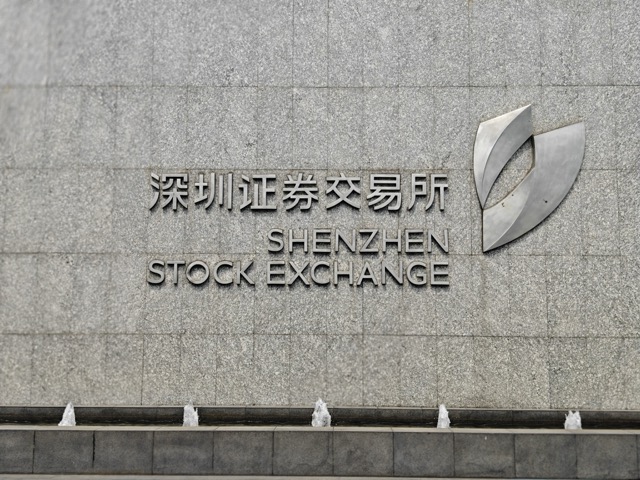Foreign Investor Influence Reduced in China’s Stock Market
China’s stock exchanges have ceased providing real-time data on foreign investor inflows into onshore equities as of Monday. This move aims to reduce the perceived foreign investor influence on the domestic market. The decision by the Shanghai and Shenzhen exchanges eliminates a key tool used by local traders to gauge market sentiment. Concerns persist regarding ongoing foreign outflows from the market.
Policy Changes and Market Impact
The Shanghai and Shenzhen exchanges have adjusted their data release policies. Only specific figures, such as turnover and the number of trades, will be provided daily after the markets close. This marks a change from previous real-time access to foreign investor activity via the Stock Connect scheme. These changes reflect the government’s intent to minimize the market impact of foreign investor influence on China’s $8.3 trillion stock market.

Concerns Over Foreign Outflows
Foreign capital outflows have long been a point of concern for domestic investors. State media has previously urged traders not to overreact to foreign sell-offs, arguing that overseas capital is not necessarily “smart money.” Guosen Securities analyst Wang Kai mentioned that data on foreign funds typically lags behind global market trends. Despite this, local investors often emphasize these figures, leading to overstated market reactions.
Declining Market Sentiment
As of last year, foreign investors held 3.5 trillion yuan ($489.8 billion) in Chinese stocks. However, Chinese stocks have recently lost favor with overseas investors due to economic concerns. The CSI 300 Index, tracking the top stocks on the Shanghai and Shenzhen exchanges, has dropped by 9% since May, highlighting dissatisfaction with Beijing’s economic measures.
Future Outlook for Foreign Investor Influence
While mainland exchanges restrict real-time data on foreign investor activity, the Hong Kong exchange will continue providing southbound flow data. Foreign investor sell-offs have resumed, with substantial net selling in recent months. If this trend continues, 2024 could witness the first annual net outflow of foreign capital from Chinese stocks since 2016.

